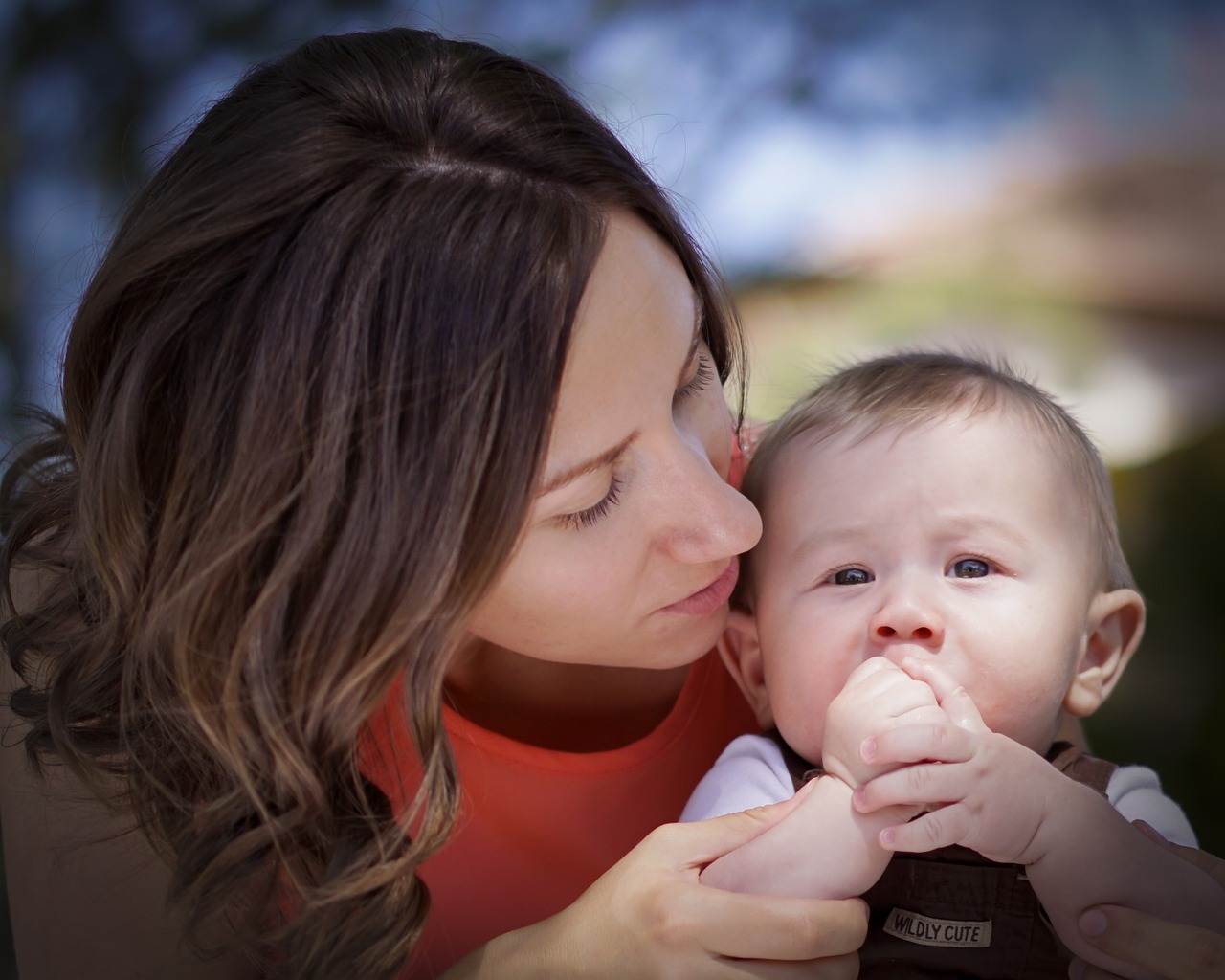Not every couple has the option of starting the family the traditional way, with one partner becoming pregnant and giving birth to a baby nine months later. For some, medical conditions have made conventional pregnancy something that would put themselves and a baby at high risk, or in some cases; it is no longer possible to conceive due to health or surgical factors. Surrogacy is where another female willingly becomes pregnant on behalf of a couple, is a popular alternative for those who still want their own newborn.
Increasingly, couples choose to go abroad and undertake their surrogacy journey with a woman in another country. However, there are a few important legal factors to consider for those that want to go international.
Legality Of Surrogacy
The first legal factor is finding a country where surrogacy is legally permitted. Not every country allows it. France and Germany, for example, are countries where surrogacy is illegal. So in Germany, regardless of any arrangement made, a newborn is legally considered the baby of the person that gave birth to the child, irrespective of any contract or agreement.
Other countries, like Thailand, allow for surrogacy; however, in Thailand’s case, surrogacy is only permitted for locals. The country formerly allowed foreigners to engage in surrogate services until a controversial case where an Australian couple abused a surrogate mother’s rights, and the government banned all foreigners after that.
Legality Of Surrogate Types
While many countries permit surrogacy, and many countries even permit foreigners to visit their country and engage in surrogacy, the financial category of surrogacy is another area of legal consideration. The most usual kind of surrogacy permitted in the world is known as “altruistic surrogacy.” This is when a surrogate mother volunteers herself with no expectation of payment. While she may receive finances for living expenses and medical care as she cannot care for herself, she gets no additional reward beyond that. Canada and the United Kingdom are countries where only altruistic surrogacies are legal.
Compensated surrogacies, though less common, are more popular among couples. This is where the surrogate mother is amply recognized for her significant role. Because of this, countries that permit compensated surrogacies often have much more choices available to couples, making it easier and faster to begin the journey.
Citizenship
One of the most important legal factors for couples going abroad to consider is the issue of citizenship. There is no issue when a pregnant woman gives birth to a baby in another country and then returns to her country of residence. The baby automatically receives the parents’ citizenship in traditional biological birth mother circumstances.
However, this is not the case with surrogate babies. Depending on the country a couple is returning to, specific legal measures must be taken to ensure the child is granted citizenship. Failing to take these actions can result in the child having the “stateless” status and not legally allowed to enter the country, forcing the parents to either leave the country with the child or abandon the child and enter without the baby.
Hopeful couples must perform due diligence and find the right country and organizations to work with. For example, Stork Service has effective alliances in Georgia to help couples with various surrogacy needs thanks to facilities like:
GGRC Clinic
The GGRC clinic is well known for providing broad surrogacy support, even in the early stages, like helping couples search for, interview, and work with a surrogate mother. This clinic is a good choice for couples wanting end-to-end service. It even provides legal assistance after birth, such as ensuring babies get correctly processed for citizenship in their chosen country of residence.
Zhordania IVF Center
Located within Tbilisi, which is the capital of Georgia, Zhordania is a more specialized facility with services like In Vitro Fertilization for couples that want a “true” genetic descendant, using high tech labs and staff. This center can also use donor eggs that are stored offsite in another country in cryogenic storage. They are qualified to safely transport them to their labs and use them for implantation.
Chachava Medical Center
Chachava Medical Center is another trusted facility in Tbilisi, but this place has a legacy. It has cared for patients for over a century, opening its doors to local patients in 1875. Today, it happily accepts patients from the world over. It also has a range of services, even for surrogacy, like obstetric and gynecological-related medical assessments and treatment.
Inova IVF Center
The Inova IVF center is a recent addition to the Georgia medical community, opening in 2015. This is an IVF-focused center with additional services like Preimplantation Genetic Diagnosis. PGD is important for couples with a medical history of congenital diseases in the family, like sickle cell anemia or cystic fibrosis. This process screens fertilized eggs and detects the markers for such conditions. It allows hopeful families to implant eggs without those conditions, giving the baby its best possible medical start in life.


